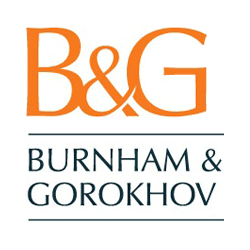Rule 801 of the Federal Rules of Evidence specifically deals with the definition of hearsay in the U.S. legal system. Hearsay is a complex topic, and Rule 801 breaks down what constitutes hearsay and what does not. Here is a detailed look at the provisions within Rule 801:
Rule 801: Definitions That Apply to This Article; Exclusions from Hearsay
(a) Statement
A “statement” is a person’s oral assertion, written assertion, or nonverbal conduct if the person intended it as an assertion.
(b) Declarant
A “declarant” is the person who made the statement.
(c) Hearsay
“Hearsay” is defined as a statement that:
- The declarant does not make while testifying at the current trial or hearing, and
- A party offers in evidence to prove the truth of the matter asserted in the statement.
(d) Statements That Are Not Hearsay
Rule 801(d) provides some exceptions to the hearsay rule, meaning that certain statements are not classified as hearsay. This includes:
(1) A Declarant-Witness’s Prior Statement
If the declarant testifies and is subject to cross-examination, the statement is not hearsay if it:
- (A) is inconsistent with the declarant’s testimony and was given under penalty of perjury,
- (B) is consistent with the declarant’s testimony and is offered to rebut an express or implied charge against the declarant, or
- (C) identifies a person as someone the declarant perceived earlier.
(2) An Opposing Party’s Statement
A statement is not hearsay if it is offered against an opposing party and:
- (A) was made by the party in an individual or representative capacity,
- (B) is one the party manifested that it adopted or believed to be true,
- (C) was made by a person whom the party authorized to make a statement on the subject,
- (D) was made by the party’s agent or employee on a matter within the scope of that relationship while it existed, or
- (E) was made by a co-conspirator of a party during the course and in furtherance of the conspiracy (the co-conspirator exception previously discussed).
Rule 801 is an essential foundation for understanding the broader topic of hearsay within the legal context, as it delineates what is considered hearsay and what falls outside that definition. The exclusions are especially vital in the conduct of trials, where they allow for the admission of certain statements that might otherwise be barred under the general hearsay rule.

